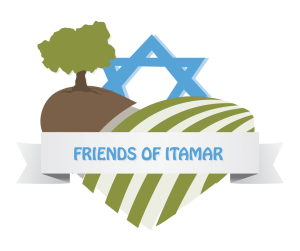Parashat Vayeshev 5769
Vayeshev December 18, 2008 What can we say about Yosef other than his being simply “successful” in all realms. He is talented, beautiful, and distinguished looking. He
Parashat Vayishlach 5769
Vayishlach December 12, 2008 Our forefathers didn’t have it easy, to say the least. Ya’akov Avinu never experienced leisure or rest. He was born into hard times, and ev
Parashat Vayetzeh 5769
Vayetzeh December 5, 2008 How the house of Israel originated, sprouted forth and gave form to the kingdom of the Jewish people, was a process of refinement. As each Tzaddik was ext
Vayera 5769
Vayera- Chayei Sarah November 11, 2008–11–16 “The nerve of her!.” when someone says that about you it usually is not a compliment. In fact being nervy and chutzpahd
Lech Lecha 5769
Lech Lecha November 6, 2008 People like to be in control of their lives. They have their date books all planned out, their weeks scheduled and like to know what will be… But ther
Bereishet 5769
Bereishet- Noach 2008–10–31 Hashem looked into the Torah and created the world. From this concept we understand that the Torah comes before everything in all circumstances. The
Succoth 5769
A Blessing for the Fruit of the Trees – Succoth 5769 The secret of the Four Species The great Cabalist and student of the famous Ramchal, Harav Moshe David Wali, was an author of
Yom Kippur 5769
Yom Kippur message Oct. 8th 2008 Tet Tishtay 5769 Seemingly, this week’s Parasha has a strange beginning as it opens with “And Moses went and spoke these words to all I
Rosh Hashanah 5769
Rosh Hashanah Thoughts 5769 In a world that we balance our lives between the practical accomplishments of our goals and spiritually yearning for the unreachable, Elul is a time tha
Parashat Ki Tavo
Parshat Ki Tavo Elul 5768-2008 Hashem created this world through the method of dichotomy, thus we can distinguish good from evil. We are all familiar with the concept of opposites-

